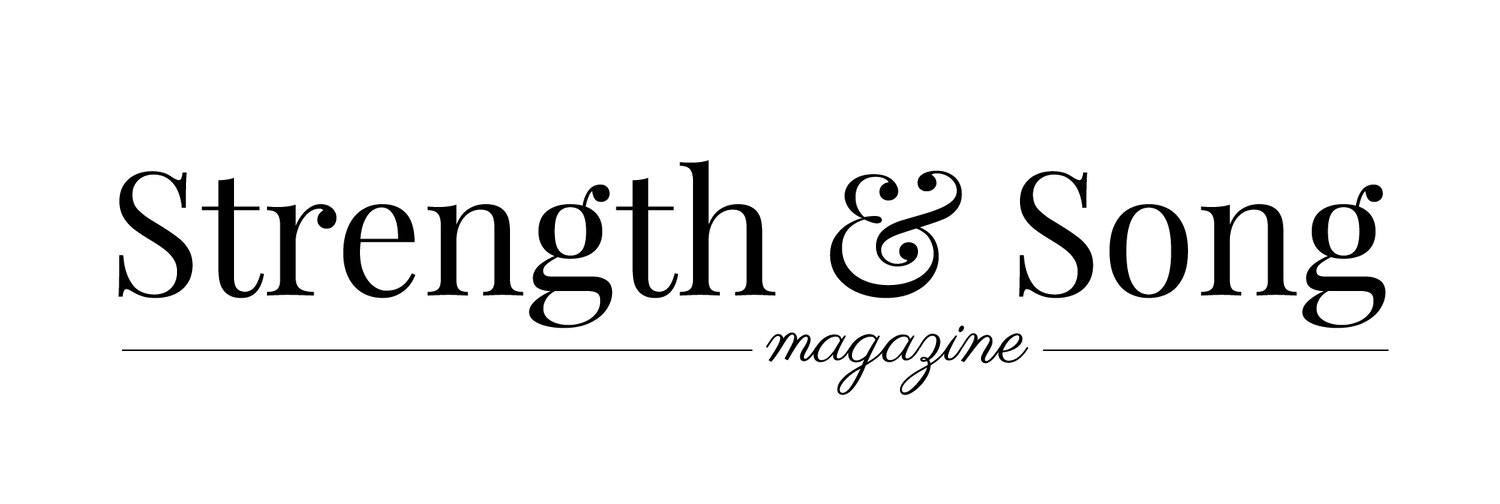Hope is not Named Boaz
Some things feel too vulnerable to share.
And while I’d prefer to keep the deepest layers of my heart tucked safely in, sometimes we just need the relief of realizing that someone else walking a similar path has experienced the same emotions and reactions we’re experiencing.
So while it feels a bit risky, it’s worth it if it lifts another sister up, redirects our heart and helps us live where we are and love where we are.
Because I was caught off guard at how soon after Dan’s death I became obsessed with remarrying.
I don’t use that word lightly. It preoccupied my waking moments and became the longing of my broken heart.
When I read grief books by other widows, I’d flip to the last chapter to see if she had remarried. How long had she waited? How had they met? Was she happy?
God, please don’t make me wait ten years, I’d pray.
I had loved Dan deeply. And I had loved being married.
But oh, the conflict.
I’d steal glances at ring fingers and become simultaneously horrified at the possibility of even making eye contact.
I was madly in love with Dan and desperately wanting to remarry.
Even in the rawest ache of grief, my mind churned with when, where, how and who God might bring into my life. For more than 20 years, my heart had been given to one man. And I missed it.
Wait for your Boaz.
It’s the heart cry for the single Christian girl waiting on a godly man.
When you’re suddenly thrust into the club of young widows, the possibility of a Boaz holds out bright hope.
I’m sure it’s the same for my other single sisters.
When friend after friend gets engaged, part of you celebrates wildly while the other part wonders when your Boaz is gonna show up.
When you’ve gone through the nightmare of rejection and betrayal, you dream of a Boaz who will love, honor and cherish you.
Wait for your Boaz.
The story of Ruth spells hope for every single girl, every widow, every woman who’s heart has been crushed.
It feels like God tucked the best love story ever into the Bible just so we’d know it can happen.
And happen better than any Nicholas Sparks novel.
Ruth was a young woman in Moab who married into a Hebrew family. Elimelech, Naomi and their two sons left their hometown of Bethlehem and migrated to next door Moab when famine hit. Their sons married Moabite women – one named Orpah and the other Ruth.
That’s when the bottom dropped out. First patriarch Elimelech died and then – unbelievably – both sons. Naomi was left without husband, without sons, and both Orpah and Ruth became young widows. In ancient times, this was beyond heartbreak. This was desolation.
In deep grief, Naomi was hopeless. She could offer nothing to her daughters-in-law. She’d go empty and bitter back to Bethlehem. Orpah returned to her Moabite family and Ruth alone vowed to go with Naomi.
But not because of Boaz. It was never Boaz that made Ruth move forward in faith. Ruth had never heard the name. She didn’t know Boaz existed. She wasn’t going to Bethlehem for Boaz or even for a Boaz.
Ruth’s longing was not for Boaz, but for God.
“Your people will be my people and your God my God.” Ruth 1:16
Ruth could move forward into her bleak and empty future because she placed her hope in God.
And this is where the violins cue to fortissimo. Ruth found provision as she gleaned in the fields, protection as she gleaned from Boaz’s fields and then full out prosperity as Boaz redeemed his right of kinship and took her as his wife. The book ends as Boaz and Ruth have a child, whose grandson would one day be King David.
All the satisfying sighs as they lived happily ever after.
Because isn’t that what we single girls want? We desperately long to live happily ever after with our own Boaz.
So often we look at the book of Ruth and think, Yes! God can do the impossible. He can bring a wonderful, godly, successful man to my life. Look — it happened to Ruth! And it can happen to me, too.
So we join the singles class at church and scour the e-dating site and begin to view every event as the ONE possibility that will introduce us to our Boaz.
I’m not knocking the singles classes at church or e-dating sites.
But we’ve read into Ruth a message that God doesn’t give.
Because the hero in the book of Ruth is not Boaz.
The hero in the book of Ruth is God.
Ruth sought God, not Boaz, with her whole heart. Ruth trusted God, not Boaz, with her whole heart. Ruth went to Bethlehem for God, not Boaz.
It was God who provided for Ruth.
It was God who protected Ruth.
And it was God who prospered Ruth.
I realized a long time ago that I had to deal with my own longing for Boaz. It was taking up valuable soul space, misdirecting my hope and healing.
God is my hero. God alone can give me hope, ease the raw ache of my broken heart and prosper me to live well where I am, and to love well where I am.
I had to long for God alone.
I’d like to say it was easy to lay it down. But it was an over and over again process of giving my heart, my hurt and every hope to God and trusting him. Over time, my preoccupation to remarry began to fall away. I still have dreams tucked in close, but they don’t redirect my heart.
God is my Boaz. And he’s yours, too.
Originally written by Lisa Appelo of True & Faithful. Used with permission.

